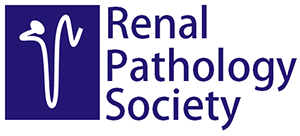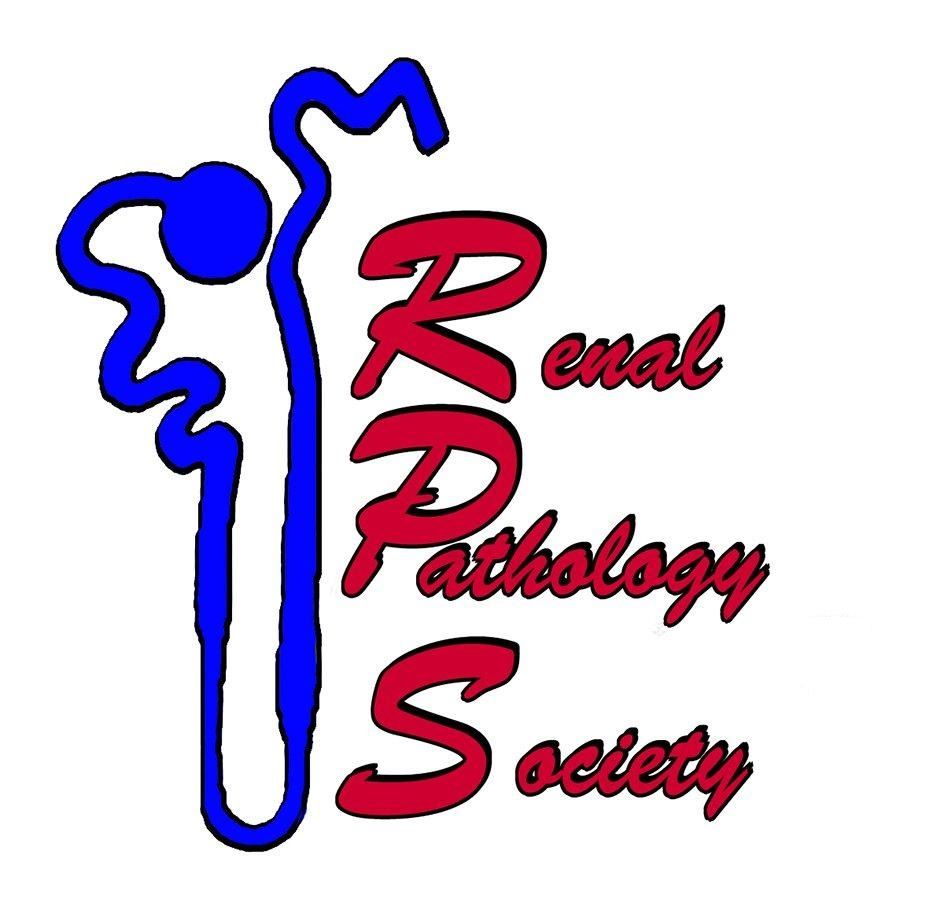Dear RPS members,
 In 2024, the RPS would like to continue our focus on embracing diversity, equity and inclusion; and on broadening our international network. One way to achieve this goal is to celebrate a semi-monthly calendar of observances and appreciations with 10-question interviews highlighting our diverse pool of members. This month we feature RPS member Dr. Nidia Messias for Hispanic Heritage month!
In 2024, the RPS would like to continue our focus on embracing diversity, equity and inclusion; and on broadening our international network. One way to achieve this goal is to celebrate a semi-monthly calendar of observances and appreciations with 10-question interviews highlighting our diverse pool of members. This month we feature RPS member Dr. Nidia Messias for Hispanic Heritage month!
Dr. Messias is a native of Brazil. She has been a member of the RPS Program Committee. She is an Associate Professor in the Department of Pathology and Immunology at Washington University in Saint Louis. She is currently the director for the combined renal and genitourinary pathology fellowship, the Quality Improvement and Patient Safety Officer for Anatomic and Molecular Pathology, and a DEI liaison for the department of pathology.
Of note, Dr. Messias gave an outstanding presentation for the RPS renal pathology companion society meeting during USCAP 2024. USCAP has just extended access to on demand content (due to Hurricanes Helene and Milton) to October 31st, so please log on and view her presentation entitled “Incidental Tumors in the Medical Kidney Biopsy: New Tumors Require New Approaches “.
Please find her interview and the link to Hispanic Heritage Month below!
https://nationaltoday.com/hispanic-heritage-month/
1. What is your name, where were you born, where do you work?
My full name is Nidia Cordeiro Messias, and I was born and raised in a small town near the coast, in Ceara, a state in Northeast Brazil. I have worked in the Department of Pathology and Immunology at Washington University School of Medicine, in Saint Louis, for the past 3 years.
2. What is your number one topic of interest in nephropathology?
Do I really need to choose? Ok, I will choose a broad one - glomerular diseases, and lately I have been working more on podocytopathies. But I also love transplants – this is where my interest in renal pathology started, and a population of patients that I so care about.
3. What is the thing you like most about your job?
I love to interact with people from all paths of life. Being in an environment where I can serve my patients, and interact with residents, students, visitors, and my terrific colleagues both in the pathology department and as well as our nephrology team is really satisfying.
4. What is the most challenging aspect of your job?
Multitasking. I am involved in projects beyond renal pathology that require my attention and about which I am also passionate - the fellowship, and our DEI and quality initiatives on top of the list. I have tried to police myself in saying “no” more often. But what to do if you are truly interested in what comes along and you think you might contribute?
5. What did you want to become when you were a child?
Older (laugh). That is a regrettable wish and now I know better, but I was raised very close to my large extended family, and I was the youngest of the cousins, so I always tried to participate in their activities and felt sorry for being “too young”. As for professions – it ranged from astronaut, to journalist, to chemical engineer – anything that I could not do as a “small town girl” was on the list.
6. What would be your wish for the future - in general or in relation to your work?
Wow, this question is too close to the presidential elections for me to be so frank. Let’s skip on that. I wish I would see that in the future, the world and our profession would be better with all the new technologies and innovations. I also wish that the advances conquered in medicine and other areas in this new and better world would also be more equitably shared among individuals, here in the US, and globally as well.
7. Any special interests apart from Nephropathology?
I love reading and I am a book club person, from literature to non-fiction (currently I am reading “Sing, Unburied, Sing” by Jesmyn Ward, and “The Loudest Duck”, by Laura Liswood). I enjoy cooking, and Brazilian dishes are a constant at the Messias residence. I am also totally in love with my family - they always come first.
8. How do you think Pathology will look like in 10 years’ time?
Tremendously exciting! I imagine that our role might change a lot though. We might have more assistance through technology and new techniques to be able to diagnose more, better, and faster. And maybe in virtue of that, I think that our human capabilities - the ability to connect, teach, and guide our patients and colleagues - will be of paramount importance in our future.
9. Who would you consider to be your mentor in renal pathology or pathology in general?
It is a long list there, but if I were to select one person that was the first and had the most impact for me as a person and on my career, that person would have to be Dr. Lorraine Racusen. From the minute of our first conversation, even before I started residency, to my years in Brazil following residency, to my return to US, and in all my different career points, she has been a rock. I am so very thankful to her.
10. What is your favorite non-work-related activity or way to spend your time?
Traveling – I try to dabble into the local languages and visit both usual and hidden spots. I love to see how much beauty the world has to offer, and it always enriches my perspective about my own way of living.

Bonus Question: Have you experienced any challenges, or is there anything you would like the RPS membership to know about navigating the field of academic medicine (or non-work-related life) as an international medical graduate or being from a Hispanic/Latino background? Are there specific experiences that you would like to share? What advice do you have for medical trainees or junior faculty that are underrepresented in medicine?
Ufda! Yes, there were challenges. From the very beginning, even managing the language was a challenge – some things never translate as you want them to. And it is not only about the spoken language, but it is also about the non-spoken clues, and learning how to thrive in a culture that is not the one you were raised in. Milan Kundera put it best - “Being in a foreign country means walking a tightrope high above the ground without the net afforded a person by the country where he has his family, colleagues, and friends, and where he can easily say what he has to say in a language he has known from childhood.” We are lucky that pathology is a specialty that has so many IMGs, and we can find a community with role models, mentors, friends, and trailblazers. And I am thankful for mentors (again Dr. Racusen!), colleagues, and friends that saw in me potential beyond an accent (or my gender). But the environment towards immigrants has been somewhat caustic in general lately, and that brings a weight to one’s day to day activities, that often is ignored. But aside from this exercise in vulnerability, I am very thankful for all opportunities I had in my life and in my career. If I were to start over, I would probably be a little less shy in stating what I want and advocating – for myself and for others. And this would be the advice: ADVOCATE – for yourself and for others!

 In 2024, the RPS would like to continue our focus on embracing diversity, equity and inclusion; and on broadening our international network. One way to achieve this goal is to celebrate a semi-monthly calendar of observances and appreciations with 10-question interviews highlighting our diverse pool of members. This month we feature RPS member Dr. Nidia Messias for Hispanic Heritage month!
In 2024, the RPS would like to continue our focus on embracing diversity, equity and inclusion; and on broadening our international network. One way to achieve this goal is to celebrate a semi-monthly calendar of observances and appreciations with 10-question interviews highlighting our diverse pool of members. This month we feature RPS member Dr. Nidia Messias for Hispanic Heritage month!


